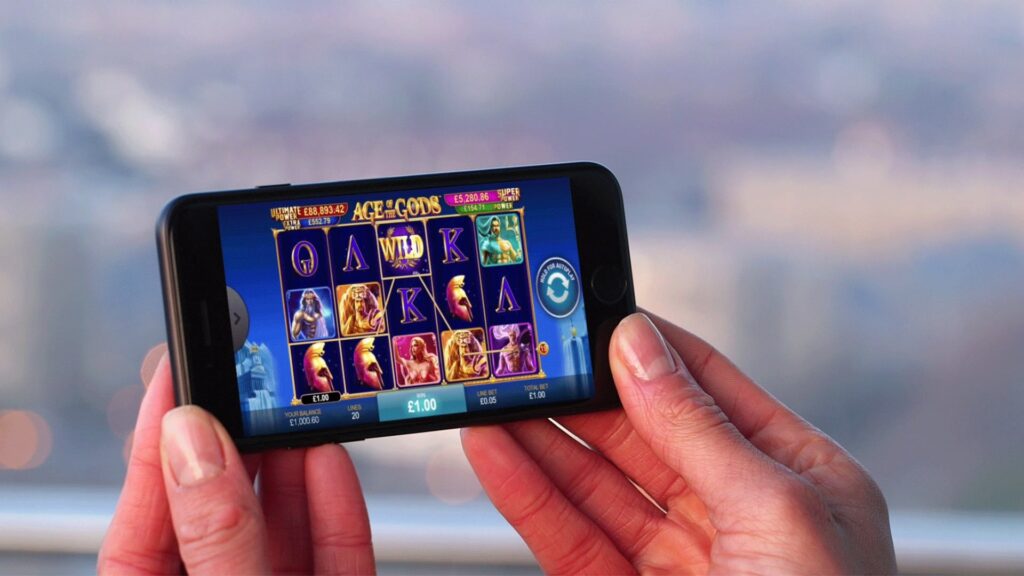In recent years, online gaming has evolved from a niche hobby to a global phenomenon that connects millions of people across the world. With advancements in technology, the accessibility of high-speed internet, and the rise of mobile devices RAJA 189, online gaming has become an essential part of the digital culture. Whether you’re a casual gamer or a competitive esports player, the experience of playing games online has transformed the way we socialize, compete, and engage with entertainment.
A New Era of Connectivity
One of the key factors driving the success of online gaming is its ability to bring people together, regardless of geographical boundaries. Multiplayer games, such as Fortnite, League of Legends, and Call of Duty, allow players to interact in real-time, fostering a sense of community. Gone are the days when gaming was a solitary activity, limited to local single-player experiences. Today, games are more inclusive, enabling players to team up with friends, make new ones, or even participate in large-scale tournaments.
The rise of social media and streaming platforms like Twitch and YouTube has further amplified the social aspect of gaming. Gamers can now share their experiences, watch professional tournaments, and learn new strategies from the best in the world. Online gaming is no longer just about playing the game—it’s about creating and sharing experiences that resonate with others.
A Diverse Gaming Ecosystem
Another exciting aspect of online gaming is its diversity. No longer confined to traditional genres, games are being developed to cater to every taste and preference. From strategy games like StarCraft to immersive role-playing experiences like World of Warcraft, and even virtual reality (VR) worlds in games such as Beat Saber, the gaming world is constantly evolving to offer new forms of entertainment.
Mobile gaming has also surged in popularity. Games like Candy Crush, Clash Royale, and PUBG Mobile have revolutionized the gaming experience by making it possible to play anywhere, anytime. These mobile games are not only easy to access, but they also provide a variety of gameplay options, from casual puzzle games to competitive multiplayer experiences.
Competitive Gaming and Esports
Online gaming has also given rise to the competitive gaming industry, known as esports. What was once seen as a hobby has now become a career for many professional gamers, with top players earning sponsorships, salaries, and even prize money from international tournaments. Esports has grown into a multi-billion-dollar industry, with games like Dota 2, Overwatch, and Counter-Strike leading the charge.
Esports events are broadcasted to millions of viewers globally, often with high-profile sponsorships and brand partnerships, similar to traditional sports. Tournaments such as The International (Dota 2) and the League of Legends World Championship have gained massive followings, attracting not only players but also enthusiastic fans.
The Benefits of Online Gaming
While online gaming can be seen as a form of entertainment, it also offers numerous benefits. For one, it encourages teamwork and communication. Many multiplayer games require players to collaborate and strategize, which can enhance problem-solving and decision-making skills. Games that involve building or managing virtual economies also teach planning and resource management.
Additionally, online gaming serves as a great stress-reliever. Immersing yourself in a game can provide a temporary escape from daily stresses, offering a fun and engaging outlet for relaxation. Many games are designed to be challenging yet rewarding, giving players a sense of accomplishment and fulfillment after achieving goals.
Challenges and Considerations
Despite its many advantages, online gaming comes with its own set of challenges. One of the most prominent issues is the risk of cyberbullying and toxic behavior in online communities. Players may experience harassment, particularly in highly competitive environments, which can detract from the overall enjoyment of the game. Developers are continually working on measures to combat toxic behavior through moderation tools, reporting systems, and in-game penalties.
Another concern is the potential for addiction. While gaming can be a fun and engaging activity, excessive play can interfere with responsibilities, relationships, and overall well-being. It’s important for players to strike a healthy balance between gaming and other aspects of life, ensuring that their hobbies don’t become a source of harm.
